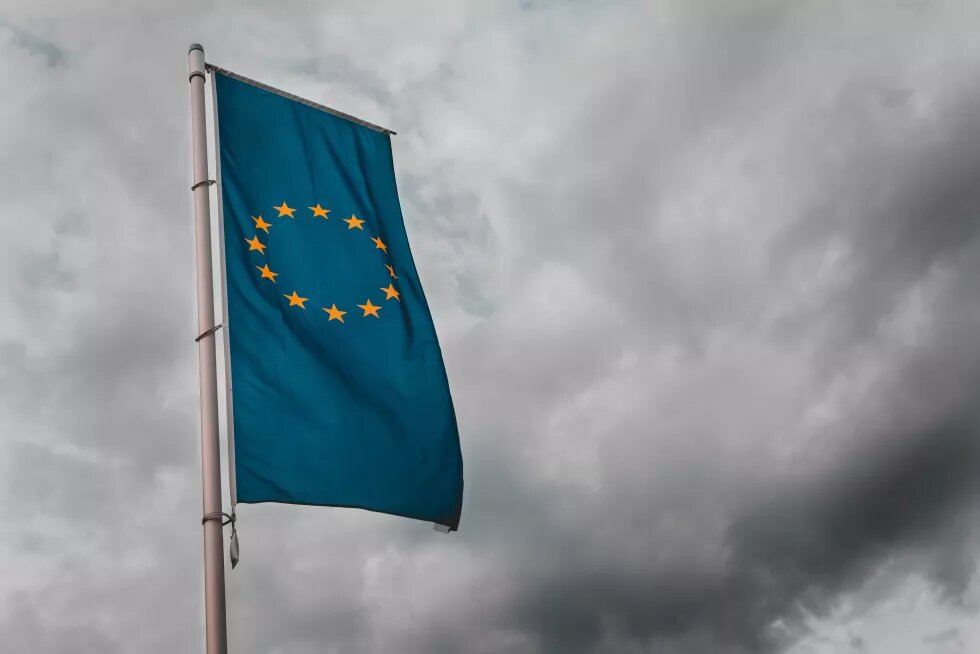If Europe’s elections are to remain contests of campaigns’ political ideas and not of their digital strategies, the systemic challenges to democracy must not be overlooked by the fires of the present moment.

The digital revolution has not only disrupted business; it is also disrupting politics. As the tools of the marketing industry become the same tools that shape our democracies, political actors are adopting strategic approaches to data collection and use that resemble those of corporate entities: testing voter responses to campaign messages online, collecting voter data through mobile apps, profiling voters’ interest through online tracking technologies, mining public Tweets to infer voters’ political sentiments, deriving political insights from voters’ location data, controlling voters’ first-impressions through search engine ads, personalizing internet-connected TV ads, texting voters en masse through automated means, and much more. The largely for-profit companies assisting political campaigns with this work – the ‘Influence Industry’, as our Data and Politics project has dubbed it – extends beyond issues of disinformation, which is quite blunt compared to the highly-specific tactics characteristic of personalized political communications.
While the European Union has not witnessed the full-blown, American-scale ‘datafication’ of its politics, there are clear signs that politics across the bloc are trending in that direction. In 2016, then-French presidential candidate Nicolas Sarkozy’s campaign created an app that mapped Sarkozy supporters, allowing door-to-door canvassers (i.e., strangers) to visit voters’ homes, to address them by name, and to acknowledge their political preferences. In Italy in 2018, researchers found micro-targeted political ads on Facebook tailored to voters’ location, age, and interests. The year before, the Five Star Movement’s online voter portal suffered multiple breaches affecting over 140,000 voters’ data, yet another example of how political technology underinvests in security like most digital consumer tech. Before the German federal elections in 2017, the CDU and FDP paid “tens of thousands of euros” to Deutsche Post for data on households, presumably to tailor their advertising more effectively, though they maintained that they had not violated any German data protection laws. Elections in Europe are, in short, gravitating even more towards becoming competitions of digital strategy and farther away from the democratic ideal of a pure contest of ideas.
Through a case study from The Netherlands, this animation illustrates how personal data is becoming a political asset in the European Union. To learn more about how to protect your personal data in your online political life, visit Tactical Tech’s Voter Guide.
The ‘Influence Industry’ is challenging to counter. Not only are the technologies involved sometimes difficult to detect independently and tough to regulate satisfactorily, but its costs are also most obvious only in the long-term. During the 2019 European Parliamentary elections, although Russian disinformation attempted to “suppress turnout and influence voter preferences”, there was – in the words of the European Commission’s Vice President Věra Jourová – “no big bang moment” like the widely-publicized Cambridge Analytica revelations in the United States. The lack of such “big bang” moments contributes to their under-reporting in the news, risks allowing more banal forms of electoral interference to evade the political agenda and to continue unabated, and normalizes voter surveillance in the short-term. Indeed, scandals like Cambridge Analytica are the exception, especially considering the fact that there are hundreds of other companies around the world harnessing voter data for political ends in opaque ways.
In the rare cases in which these stories are deemed newsworthy, the reporting tends to focus on the peculiarities of the specific incident and not on the infrastructure underlying and enabling it. As Edward Snowden wrote in Permanent Record, “... in mid-2012, I was just trying to get a handle on how mass surveillance actually worked. Almost every journalist who later reported on the disclosures was primarily concerned with the targets of surveillance...That is to say, they were more interested in the topics of the surveillance reports than in the system that produced them...” The ‘Influence Industry’, like the surveillance infrastructure Snowden mentions, indiscriminately collects and analyzes data under the justification that all data may contain political insights: how many dogs are in your household, what your native language is, whether you prefer documentaries or comedies.
The ‘Influence Industry’ is also extremely profitable. As voters around the world – especially during the pandemic – engage politically online, and as tech platforms profit from political discussion, rage, and even disinformation, political campaigning has become a 365-day-a-year affair, contributing to further polarization, more data for companies to mine, and ultimately increased business opportunities. Restricting what these firms do risks being interpreted as stifling progress and productivity, particularly at a time when technological innovation is not restricted to the private sector but also happening in the political domain, where the stakes are the greatest.
Finally, the ‘Influence Industry’ is also difficult to counteract given the obstacles in tracing the global data trade. In an age in which voters’ personal data is a political asset as valuable as money itself, identifying digital expertise, services, or data donated in-kind, whether from domestic or foreign sources, and posing questions of legality and potential conflicts of interest when warranted is tough but necessary. To complicate matters, political data brokers and campaigning firms around the world have built ideological alliances and business relationships. For the 2017 federal elections, for instance, the AfD hired Harris Media, a Texas-based campaigning firm that worked with the Trump campaign and with the Brexit-aligned UKIP party. Some even speculate that to whatever extent technology companies help politicians win elections, they are better positioned to influence their political beneficiaries in regulating them favorably – if at all. Moreover, the accumulation of data also alters the dynamics of maintaining power and acquiring it. The incumbent political party before the 2018 Malaysian elections, for example, exploited its access to the state’s poverty database to remind households receiving state benefits to vote. In the United States, the centralization and consolidation of the Republican party’s data operations primed the Trump campaign to overtake the party as a whole.
European Commission President Ursula von der Leyen’s European Democracy Action Plan is designed to respond to European democracy’s threats, including eroding democratic standards within the EU, foreign influence, and the rise of anti-democratic sentiments. These threats are imminent, their harms real, and their costs observable. In the process, however, it is precisely the least conspicuous threats – like the commodification of voters’ personal data into political assets and the normalization of voter surveillance – whose consequences easily remain unseen and whose value can fortify anti-democratic motives that may bear the most influence on the resilience of European democracy in the long-run.

